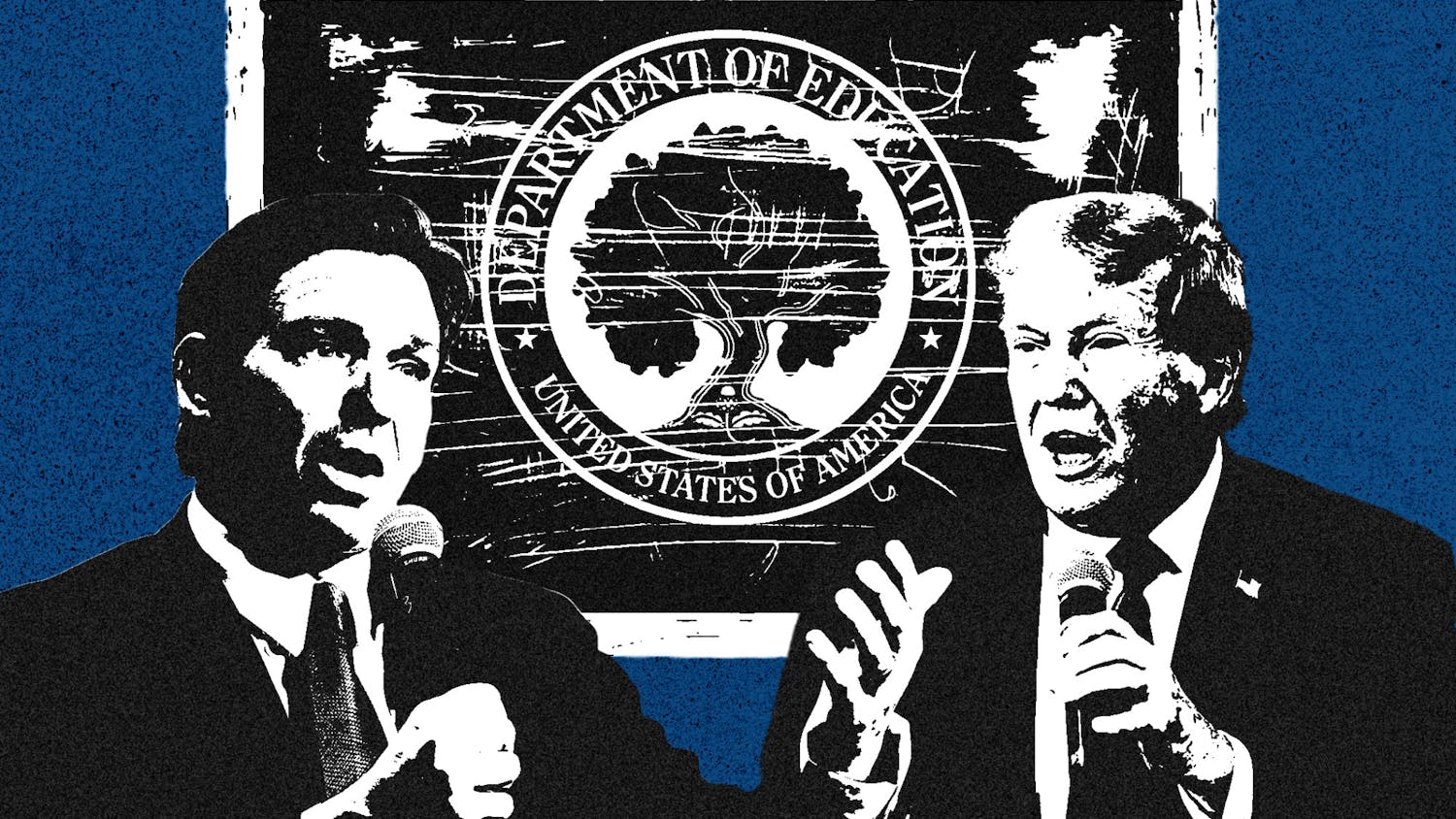Senator John S. McCain, beloved Republican senator from Arizona, died Aug. 25, 2018. He is survived by his wife, mother, seven children, five grandchildren and a strong, lasting legacy. For all that McCain was — a father, husband, fighter pilot, war hero, senator, presidential candidate — we learned one of the most valuable lesson from him: why we must maintain our integrity, even in the darkest hours.
McCain fought challenges to his moral base, not just as a prisoner of war, but as a politician. McCain was held hostage for years and suffered excruciating torture. He only gave in to his captors after enduring it for four days and writing a confession of the crimes against the North Vietnamese people he supposedly committed. After the war, McCain entered politics and, like all politicians, was tempted at every turn to resort to name-calling and mud-slinging. It would have been easy. Everyone else was doing it, but McCain did not. When other politicians bowed to President Donald Trump and toed the party line, McCain did not. McCain recognized he could not and would not abdicate his moral decision-making, passing the buck to someone else. He pushed back against the “reality show facsimile of toughness,” in his words, that Trump presented. He withdrew his support for Trump’s campaign after the Access Hollywood tape leaked. McCain did not sell himself away for political success; he built it on a foundation of doing what he believed to be the right thing.
He opposed the torture programs being developed by the U.S. government because he knew, firsthand, that torture is wrong.
As students, we tend not to think of ourselves as living high-stakes lives. Not many of us deal with million-dollar budgets, give testimony under oath or manage contracts for the federal government. But one day we may. One day, the integrity you carry in your heart and head, as you read this, will be projected onto some larger-than-life problem to come. It’s helpful to look at where your moral compass points today to see how you will navigate the unknown. We caution you to remember that life is not made of great sacrifices and duties but of little things. Absent high stakes, it’s in the everyday, ordinary, seemingly dull decisions that you can best examine your integrity. How many times will you break your own moral code this year? How many times will you lie to your professor and feign illness rather than be truthful about oversleeping? How many times will you neglect a group project and make your classmates carry the extra weight? Will you apologize for it — and correct it?
It’s also important to acknowledge that you are not perfect. None of us are. Neither was McCain. This is especially true when faced with great adversity; when we’re saddled with internships, jobs, classes and family obligations, integrity will matter all the more. It becomes easier to justify cutting corners when your time is stretched in every direction.
McCain provides an excellent example of how we can be better leaders, students and senators, whether representing residence halls or congressional districts. This is true regardless of whether you agreed with McCain’s politics. Integrity has little to do with whether you think taxes should be higher on the top one percent, and whether you dislike McCain for helping get the Republican tax bill passed. This has everything to do with acting for what you think is right — for bringing the idealism that lives in your heart into the real world.
Socrates is credited with saying, “The greatest way to live with honor in this world is to be what we pretend to be.”
McCain did not have to pretend. But you don’t have to endure torture or be a U.S. senator to carry yourself with integrity. You just have to set your moral true north and follow your compass with every small step. What will your legacy be?






